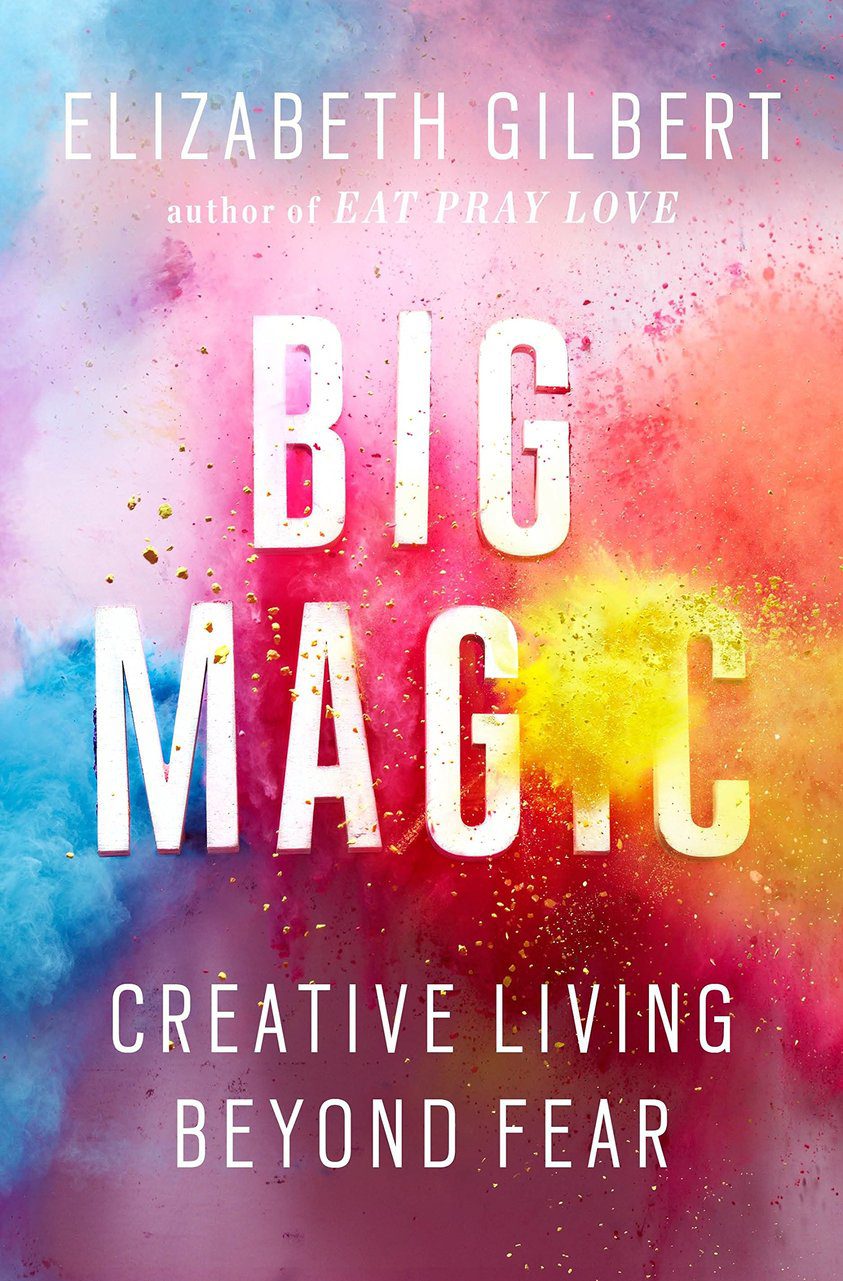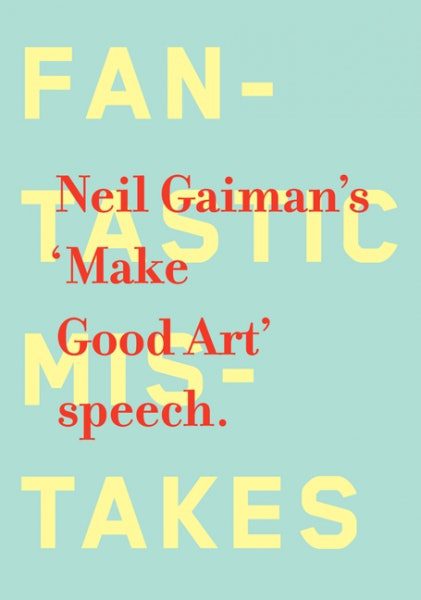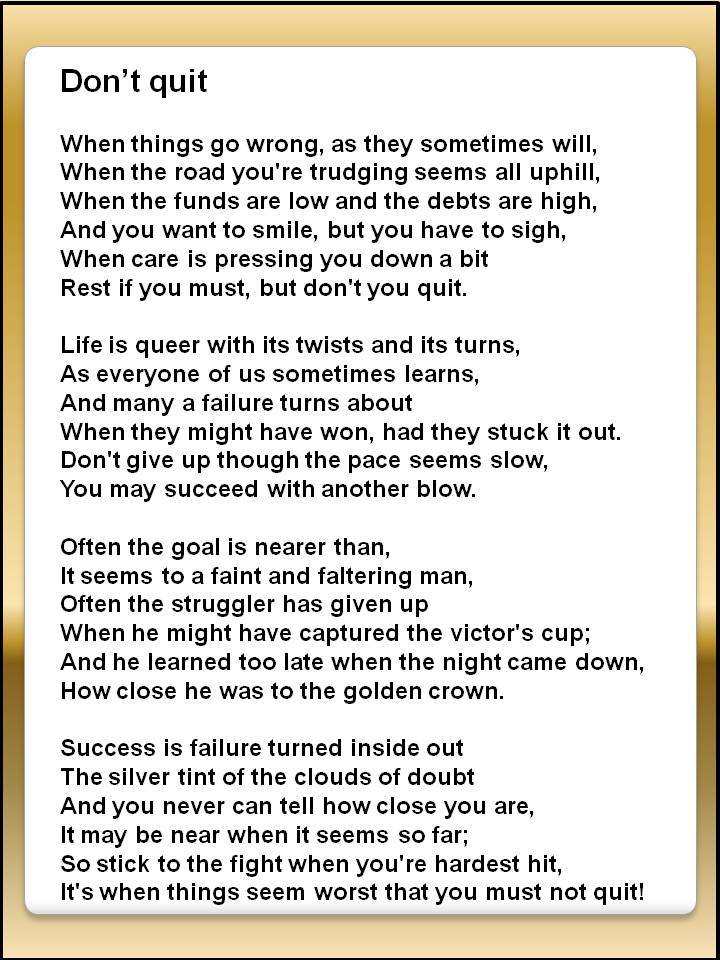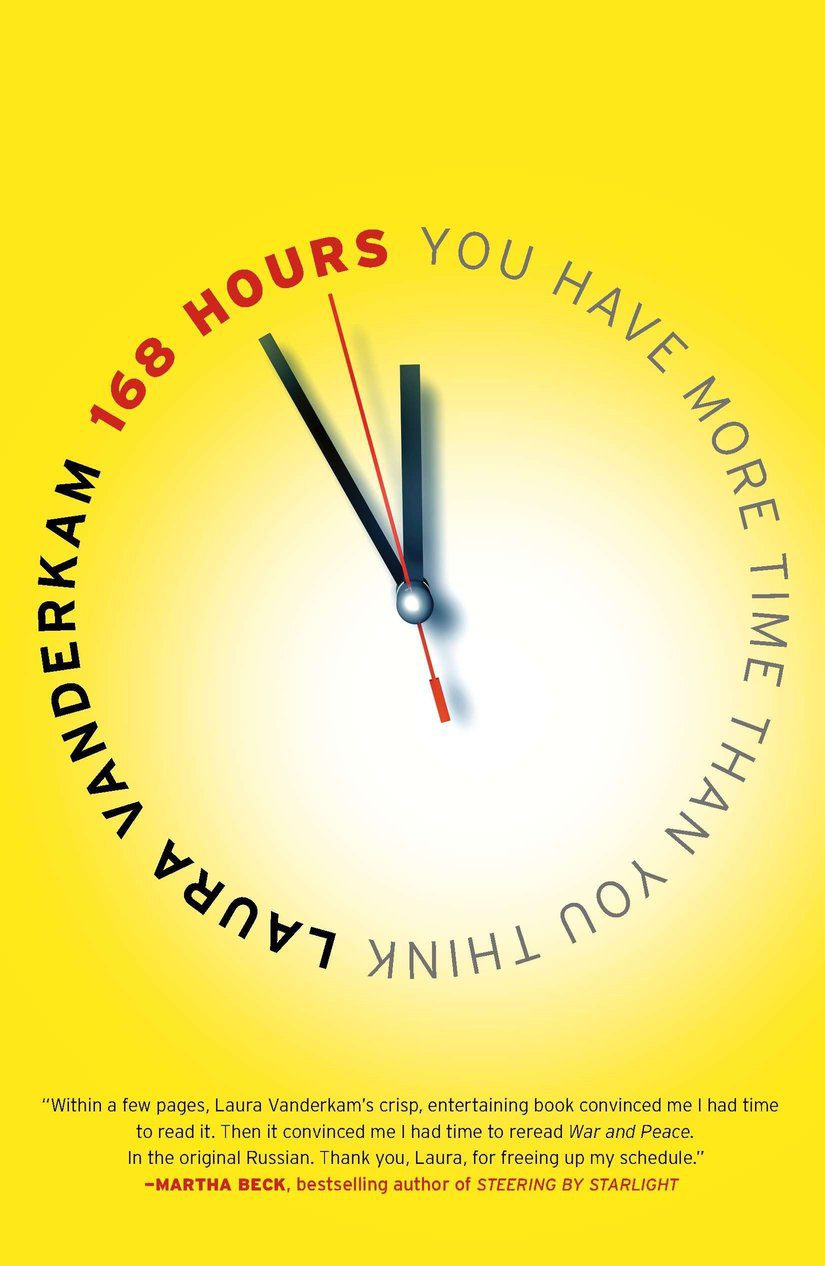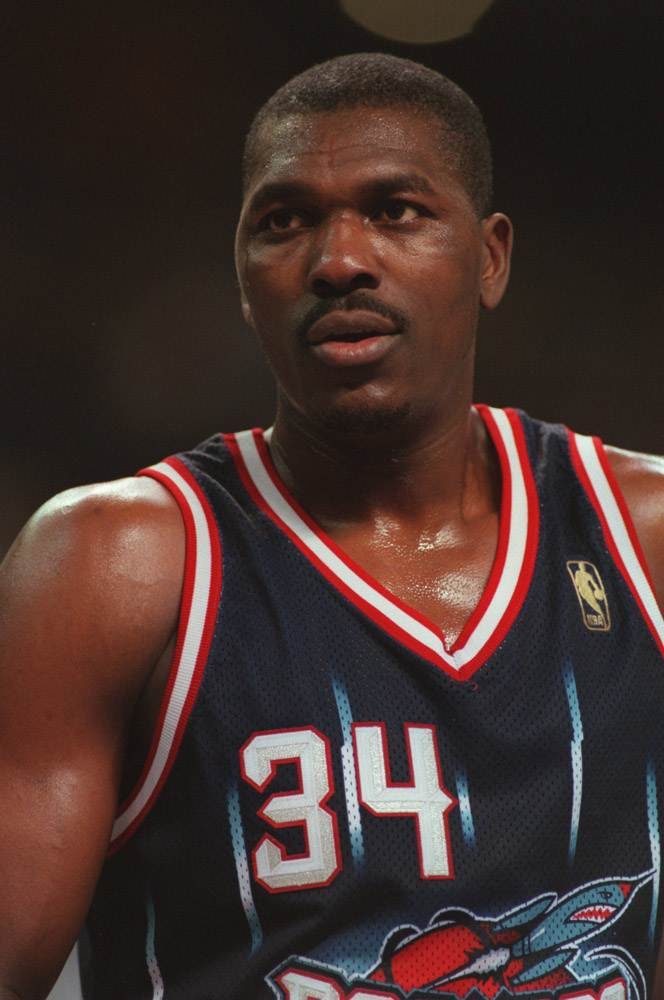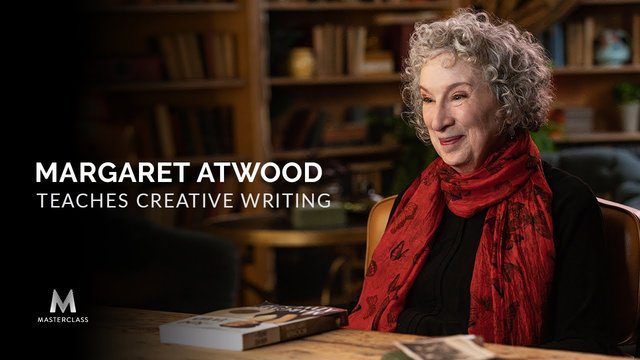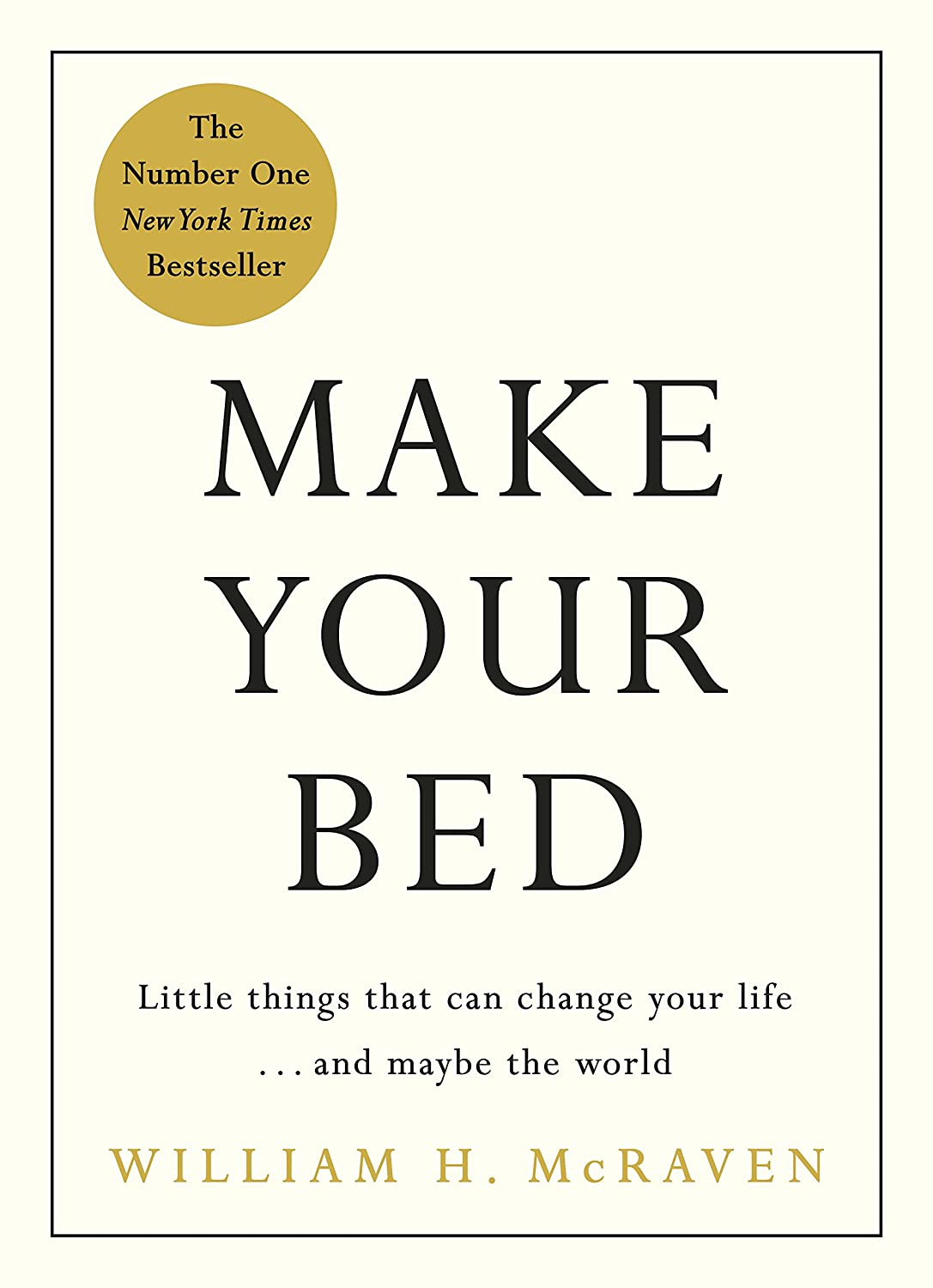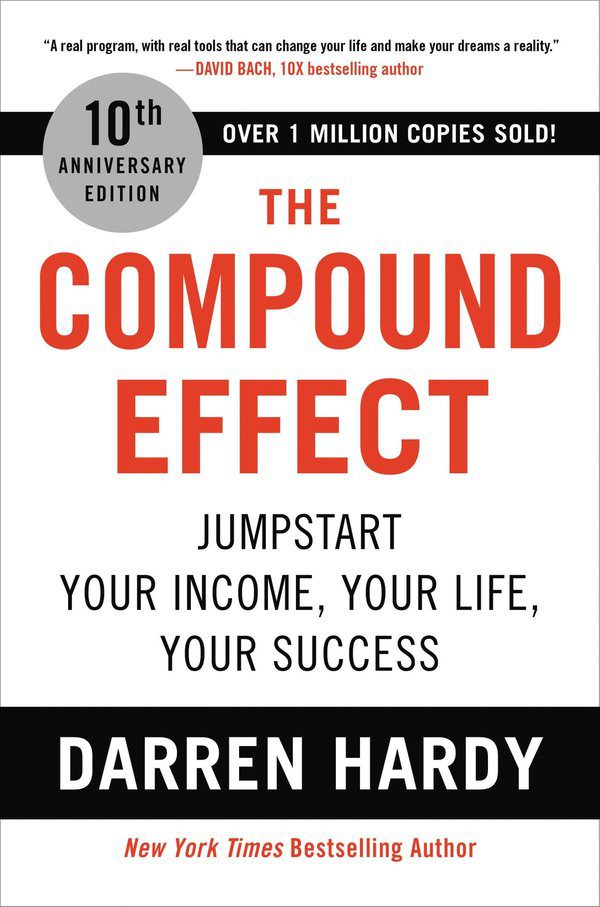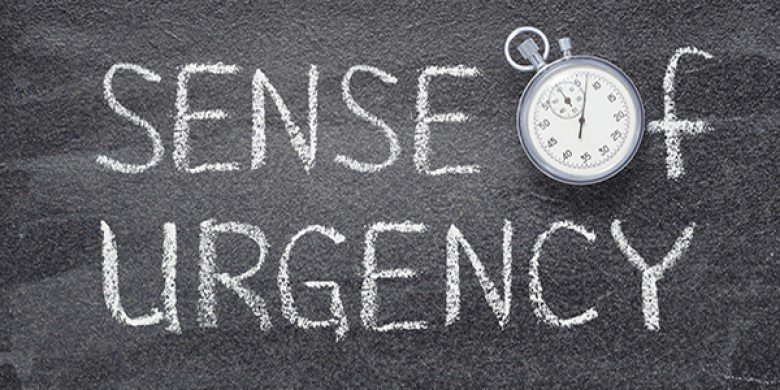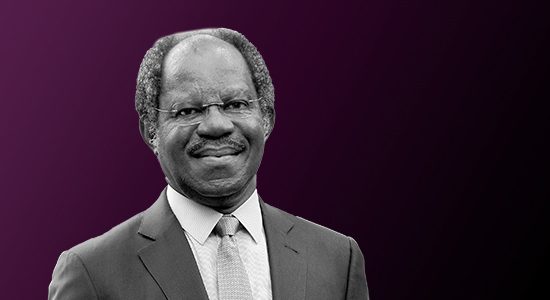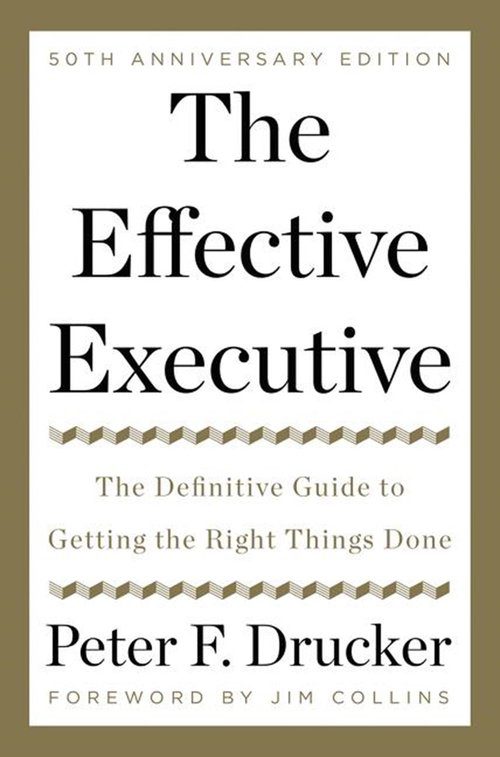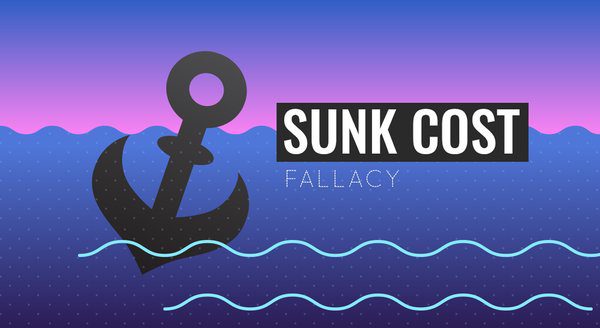It ain’t what they call you; it’s what you answer to. – W. C. Fields
Print | Kindle (eBook) | Audiobook
In Big Magic: Creative Living Beyond Fear, Elizabeth Gilbert, shares some great insights on how to live life as a creative, the ups and downs, dealing with fear, overcoming self-doubt, avoiding perfectionism, and giving your self the permission to be creative by doing great work every day.
The book has six sections: Courage, Enchantment, Permission, Persistence, Trust, and Divinity. Elizabeth followed up the book with her Magic Lessons podcast, where she interviews famous creatives such as Neil Gaiman, Brene Brown, Sarah Jones, among others.
Here are my favorite take aways from reading Big Magic by Elizabeth Gilbert:
What is creativity?
The relationship between a human being and the mysteries of inspiration.
